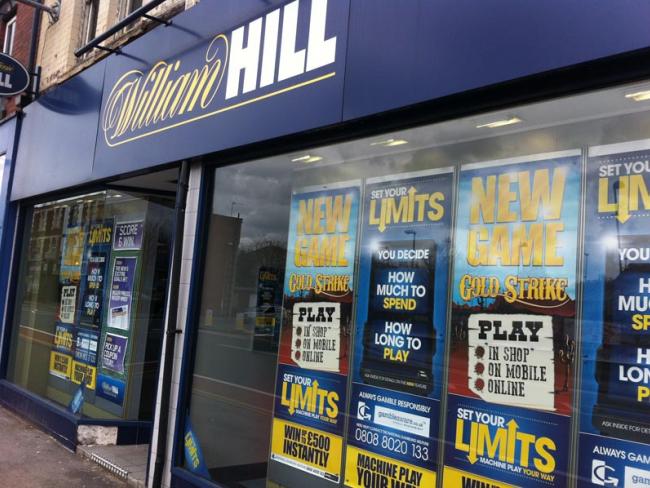More than a quarter of all local authorities in England have joined forces to use the government’s “localism” legislation to block the clustering of betting shops on high streets that offer unregulated casino-style gambling. Ninety-three local authorities, spanning Conservative, Labour and Lib Dem control, have demanded, under the Sustainable Communities Act, that ministers consider reducing the maximum stakes on betting shop gaming machines, (known as fixed-odds betting terminals, FOBTs) from £100 a spin to £2.
The act forces ministers to consider the request. Even if it rejects the request, the government will then have to engage in talks with an appointed go-between, in this case the Local Government Association, to agree a compromise.
The councils claim there is now “significant crime and anti-social behaviour associated with betting shops”. Newham Council, which is leading the group of councils, says that in 2013/14 there were 9,308 “customer incidents related to gambling activity in betting shops [which] required police assistance, with an average call out of 179 times per week to bookmakers.” There are also concerns that they have contributed to levels of problem gambling as punters in bookmakers can bet £100 every 20 seconds on roulette.
Lax laws
A growing number of authorities say they have seen a rise in the number of bookies opening in high streets, thanks to lax planning laws. The temptation of high-speed, high-stake casino games in the high street proved irresistible: there are now about 33,000 FOBTs in Britain – a decade ago there were barely any. Newham also pointed research showing that in the 55 most deprived areas of England, there are double the number of betting shops, compared to the 115 most affluent localities.
Robin Wales, the Mayor of Newham, said that previous attempts to roll back the advance of the machines has been “thwarted by the lack of tough regulations and the toothless court system. Some 93 councils, of all political parties, have signed up to our Sustainable Communities Act, the largest number ever, to urge government to bring an end to casino-style gambling on the high street, and prevent betting shops from clustering and destroying our shopping districts, especially in deprived areas.”
More often than not the system of national or local government today does not work to protect the people or serve their cause. So when sections of officialdom actually do things that are in the interests of working people, they should be supported and backed. Such is the situation when local councils are acting to curb and limit the operation of deregulated betting shops that are proliferating in local communities throughout the country and are pressing their case with central government.

